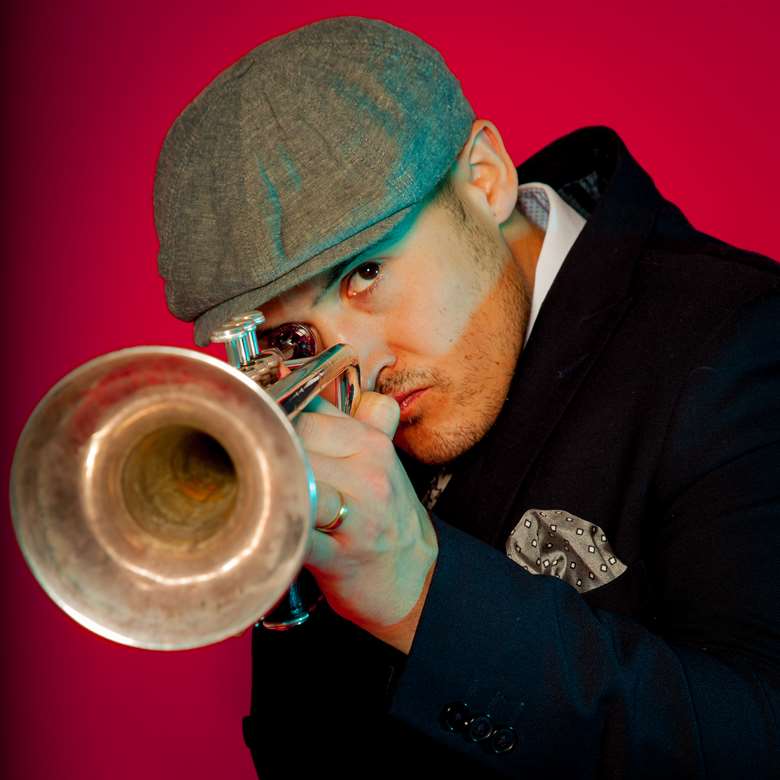Andy Davies: "I want that sports crowd rowdiness of people enjoying themselves"
James Rybacki
Friday, January 31, 2020
“I love to play Thelonious Monk, while creating a football crowd atmosphere...”, says Andy Davies. In a backroom of The Piano Bar members’ club in Soho, the Welsh trumpeter spoke to Jazzwise about his modus operandi – a format fine-tuned over the 11 years he’s run Ronnie Scott’s weekly upstairs jam


Register now to continue reading

Thank you for visiting Jazzwise.co.uk. Sign up for a free account today to enjoy the following benefits:
- Free access to 3 subscriber-only articles per month
- Unlimited access to our news, live reviews and artist pages
- Free email newsletter